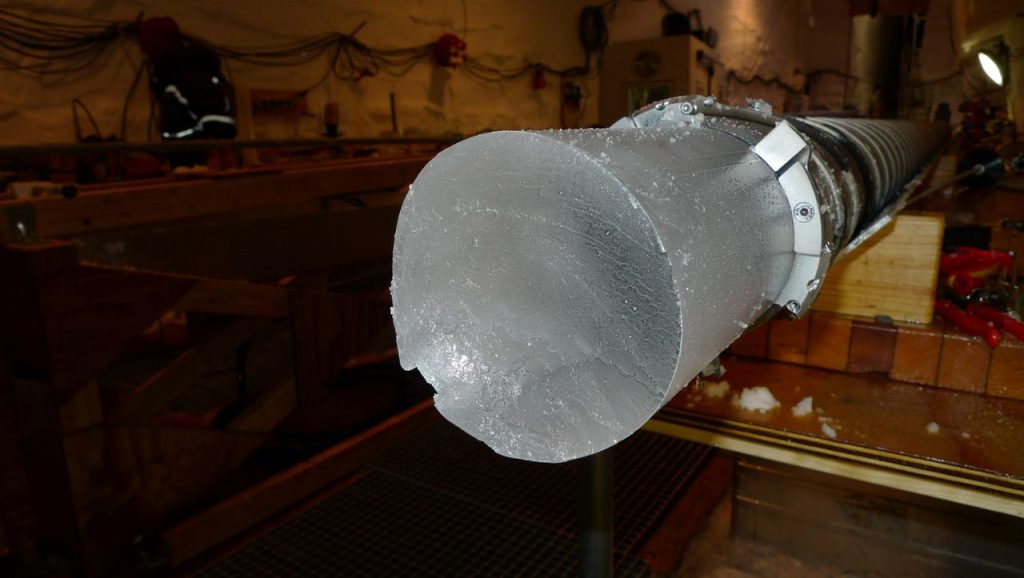Geologists are still arguing whether the Earth is in a new era. But the term Anthropocene – the era of mankind – has long since become a slogan. Recently deceased chemicalNobel Prize Winner Paul Crutzen The Anthropocene was invented as a successor to the preceding Holocene – and dated its inception with the onset of industrialization in the mid-nineteenth century. Since then, humans have interfered with vegetation, geology, and atmosphere as aggressively as the climatic changes of the last Ice Age before them.
But man’s intervention in nature began long before industrialization. 4000 years ago, as an international team of researchers in humans was sustainably changing plant biodiversity Journal of “Science” mentioned. Since then, humans have settled on all continents, with the introduction of agriculture and deforestation, settlers left their mark very early on. Scientists concluded this from their analysis of fossil pollen.
“At the end of the Ice Age, we had a complete transformation of ecosystems,” says study director John Williams of the University of Wisconsin-Madison in a call from his university. “And we’ve come back to that range in the last few thousand years. A lot has changed. These changes have started earlier than we previously thought.”
It was the Williams team Fossil pollen samples They were scanned, collected all over the world and registered in a database. It can provide valuable insights into the past: when pollen falls into lakes, for example, it is deposited layer by layer. Plant communities thousands of years old could later be reconstructed into cores digging for sediments. In total, the researchers looked at 1,181 samples from all continents except Antarctica. They supplemented the data with statistical analyzes, thus reconstructing the changes in plant ecosystems over the past eighteen thousand years.
Noticeable changes in plants 4,000 years ago
Researchers managed to make the first dramatic change at the time the glaciers collapsed End of the last ice age It withdrew and the environmental conditions changed dramatically as a result. This happened on different continents at different times, between 8,000 and 16,000 years ago. After that, the ecosystems are stabilized for the first time. But 4,000 years ago, plant societies again changed dramatically.
“This was a surprising finding, because not much climatically happened in the last few millennia, but the rates of ecosystem change were greater or greater than anything we’ve seen from the last Ice Age until today,” says study author Williams.
The researchers did not explicitly investigate the human activities that led to the changes. However, given the chronological proximity, scientists assume that humans, especially Beginning of cultivation And with it the emergence of great cities and civilizations that could be the cause of the observed changes.
This is why the Anthropocene did not just begin with industrialization, but much earlier, the authors concluded. But one thing remains unchallenged: With the impact of climate change, change in ecosystems is likely to accelerate in the future.

“Total coffee aficionado. Travel buff. Music ninja. Bacon nerd. Beeraholic.”








More Stories
Coral Seeding: Artificial Insemination Makes Coral More Heat Tolerant
Fear, Anger, and Denial: How People Respond to Climate Change – Research
LKH Graz: Using radiation to combat heart arrhythmias